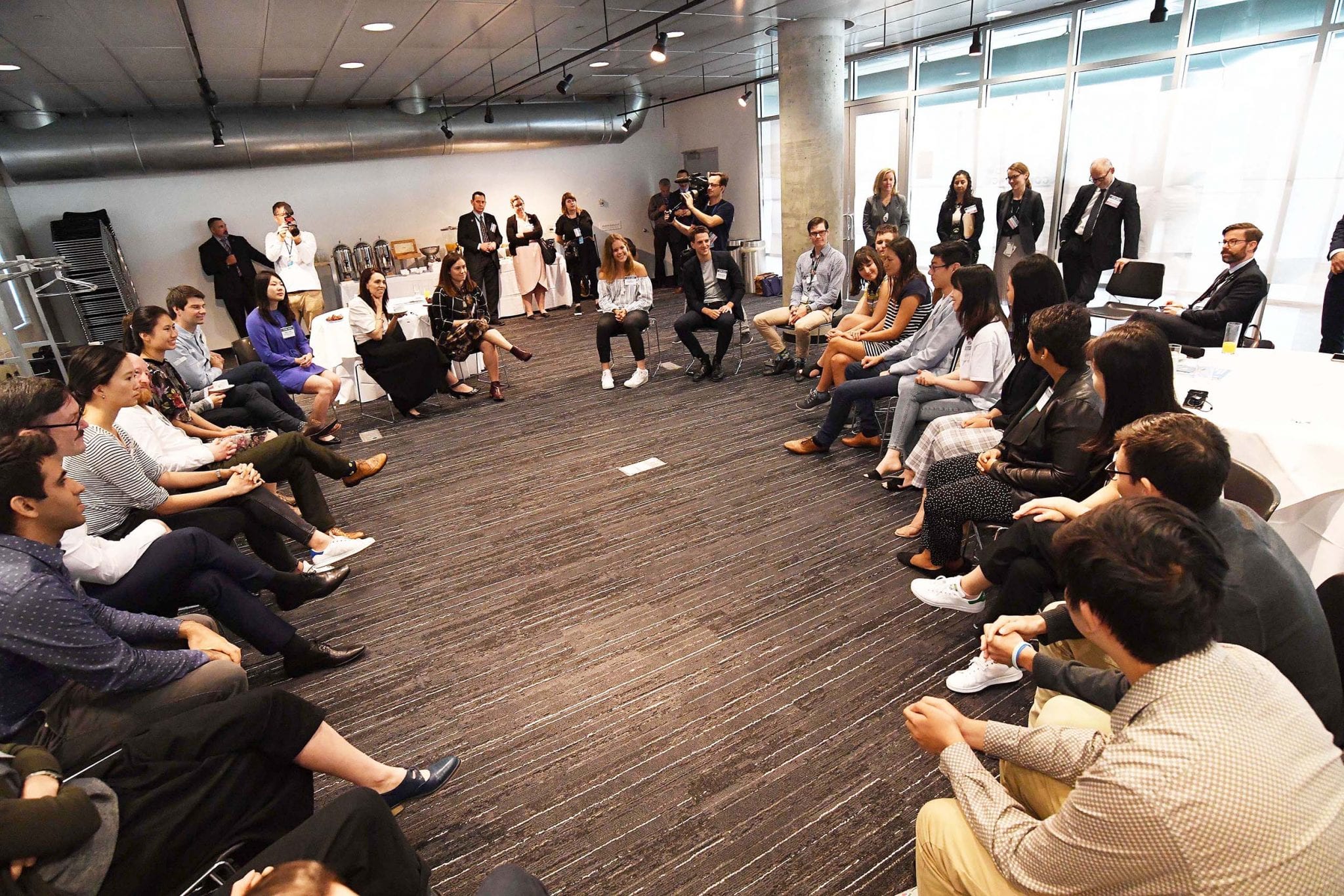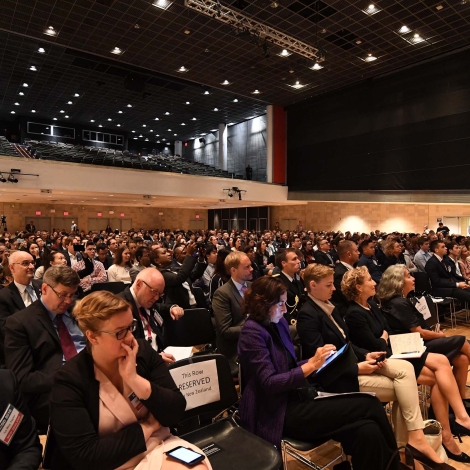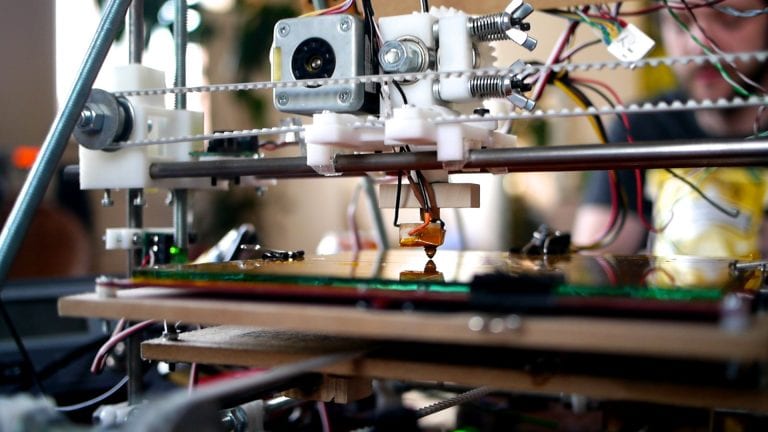Our guest contributor reports on an issue discussed at this year’s International Conference on Sustainable Development (ICSD), held at Columbia University in New York, New York (USA).
Water Yesterday, Water Today, Water Forever
Every living being needs water to survive, which means every action in favor of global sustainability would improve the relationship between society and water resources.
Water is a key strategic resource for the development of nations and it is fundamental for the survival of species and society. As a result, communities start and grow around sources of water. Water is essential in the manufacture process and is fundamental to the economic development of countries. Water is also responsible for various ecosystem processes and climate regulation. Humanity needs to manage water systems in a sustainable way to overcome the difficulties of various communities to access water and meet their basic needs and sustain development.
Global Water Situation
Several countries around the world have major difficulties to sustain their water consumption needs. The challenges are observed in developing countries in Africa and Latin America, but also in developed countries, such as those in Europe, Japan, Australia and the USA. Every country experiences issues with water on a certain level. However, major engineering projects ensuring access to water can be observed in the richest countries. In these cases, the ability to pay for access differs from those who have regular access to water. The development of water supply networks in Brazil has begun in regions where the population can pay for the service and later has expanded to areas where the poorest people live, even though these regions are closer to water sources.
The Role of Global Actors in Change
World leaders, including Prime Minister Jacinda Ardern of New Zealand, President Carlos Alvarado of Costa Rica, Ms. Amina J. Mohammed of UN and Crown Prince Haakon of Norway, have presented actions for sustainable development and overcoming the main barriers for implementation of these measures. These leaders are knowledgeable about what is sustainable development and have already implemented some of the best practices. The biggest barrier to changing the global growth model to a sustainable model, where society, the environment and the economy are taken into consideration, is precisely the involvement of global leaders, and encourages change as a strategic policy for all countries.
The 2018 International Conference on Sustainable Development, held in September at Columbia University in New York City, New York (USA), brought out diverse themes among the 17 Sustainable Development Goals (SDGs). Sustainable water, represented by SDG6, deals with ensuring availability and sustainable management of water and sanitation for all. It was the topic discussed in the panel In Search of Water Security in the Age of Climate Change and moderated by Dr. Larry Swatuk. The panel convened young researchers engaged in the quest to stimulate the development of science and the involvement of society with water resources.

Technology for Sustainable Development
To supply the population with drinking water requires an effort from all levels of public administration. Countries, states, and cities employ a large amount of resources to keep the supply systems active. In countries with scarce resources, areas distant from large metropolises, suffer difficulties with access to safe drinking water. Lack of access to water, contamination, competition, distance from sources, seasonal unavailability and etc. can be a contributing factor to various social problems around the world.
These barriers are broken with actions of countries developing projects to conserve the quality of natural resources and expand the service to population most impacted by the mismanagement of water resources. Organizations such as IEEE, working to support advances in technology in a variety of areas including water, are important in turning scientific research into practical action.
Major breakthroughs must be made to overcome the barriers to sustainable water management. The first step is the involvement of world leaders in this commitment and the development of science and technology to solve the problems encountered by society. Society must continue to work on each of the objectives of sustainable development and to strengthen its reach in an integrated way, especially in the most deprived areas. Only in this case a better future with the nations growing sustainably can be expected.
About the Author
Andre Luis de Souza Coelho is a Basic Sanitation Specialist and Master’s Student in Sustainable Development Practice at the Federal Rural University of Rio de Janeiro, Brazil.

